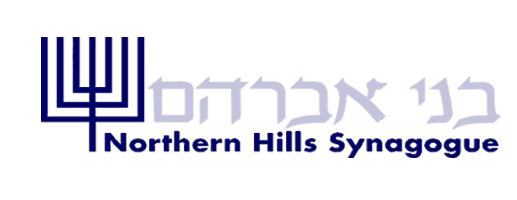Pesah is the only time of the year at which we are actually commanded to eat something. At Exodus 12:18, we read, “In the first month, from the fourteenth day of the month, in the evening, you shall eat unleavened bread”. Matzah must be made from one of the “five species of grain, ” conventionally identified as wheat, barley, spelt, rye, and oats. Since some people cannot tolerate wheat, and some (those with celiac disease) cannot tolerate any gluten, which is found in most grains, the proper observance of Pesah becomes problematic.
There are three basic approaches to this issue. People whose intolerance for wheat or gluten is not too severe may limit themselves to the minimum amount of matzah, a k’zayit. The expression “k’zayit” literally means as much as an olive, but the generally accepted minimum quantity corresponding to a k’zayit is about 1/3 of a machine-made matzah.
Those with severe gluten intolerance, however, cannot take that route. The second approach is to use gluten-free matzah. Although matzah is commonly made from wheat, spelt matzah and oat matzah also may be found. Oat matzah is of particular interest, since oats are very low in gluten, and many (although not all) people with celiac disease can tolerate them. One may buy oat matzahs certified as Kosher for Passover by Rabbi Osher Westheim of the Bet Din of Manchester, England. Lakewood Matzoh also makes a gluten-free oat matzah and matzah meal, available in many groceries and online at http://www.lakewoodmatzoh.com/matzoh_gluten_free.asp.
However, although oats have been identified at least since the Middle Ages as shibbolet shual, one of the “five species of grain,” Prof. Yehudah Feliks of Bar Ilan University, perhaps the world’s leading expert on plants and animals in the Bible and Talmud, questioned that identification. According to Prof. Feliks , shibbolet shual is to be identified with two-rowed barley (Hordeum distichum) and not with oats (Avena sativa).
The third approach is to say that one who will be made ill by eating matzah is completely exempt from carrying out that commandment. That approach is taken, for example, by Rabbis Eliezer Waldenberg and Moshe Sternbuch .
If possible, one should try to eat a small amount of regular (wheat) matzah. If that is not possible, then one should try to get oat matzah. If that is not possible, then one may rely on the view that one’s medical condition exempts him from performing that particular mitzvah.

